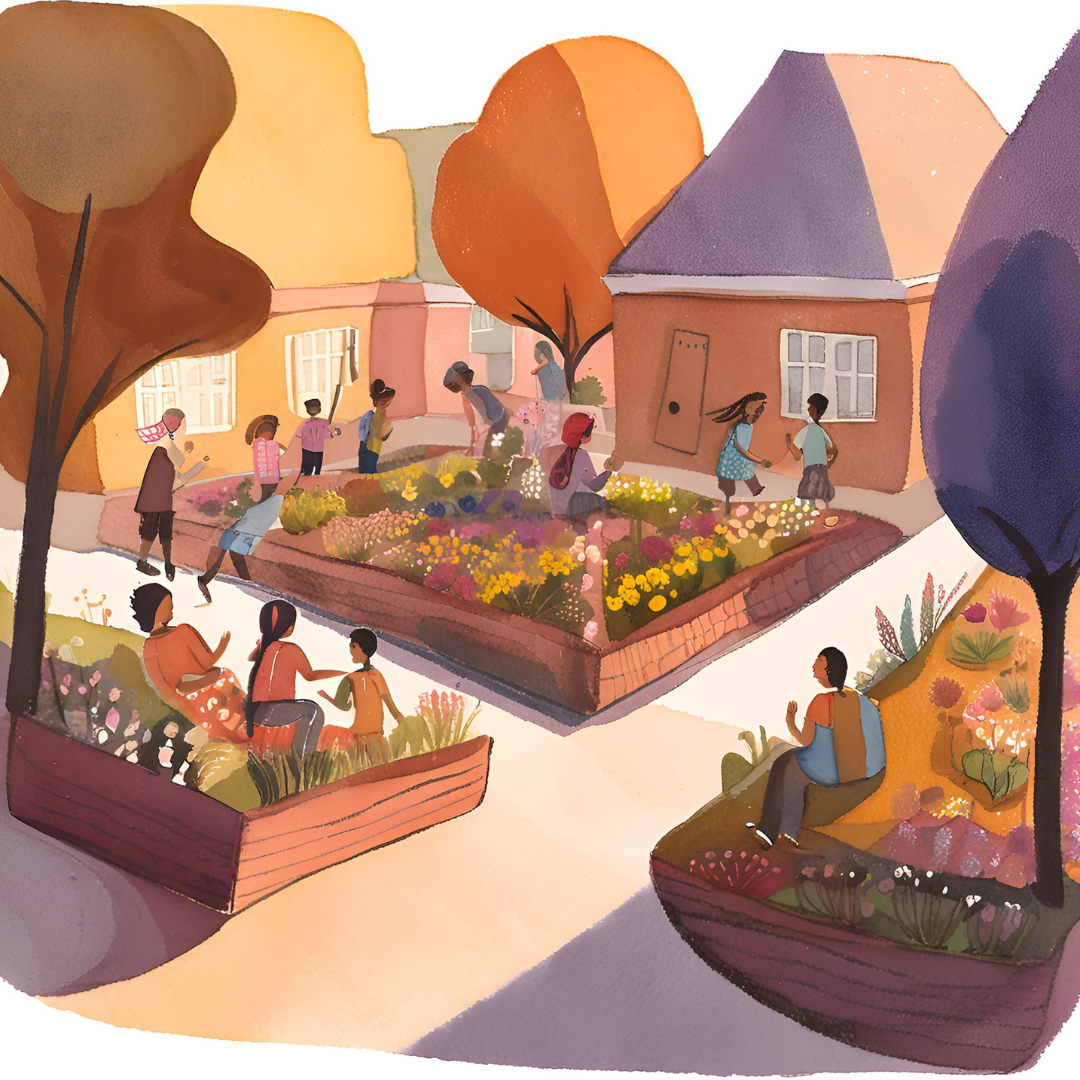
Date: 1/20/25 @8:45am-4pm (EST) Cost: $10 Instructor: Tatia Williams, Psy.D., LPCC-S, Psychologist
CE Credit Hours: 6 (ethics)
Program Description:
According to the World Health Organization, an overwhelming majority of people with mental and psychosocial disabilities are living in poverty, experience poor physical health, and are subject to human rights violations. In order to adequately address mental health, it cannot be understood in isolation, but rather requires a broader context of social determinants of health and culture. In this training, participants will broadly learn about the concept of poverty/economic marginalization, the culture of economic class and related impact on thinking and behavior, and an ethical service model for working with clients living in poverty.
Goals:
- Build awareness of the complexity of economic marginalization and its various causes and consequences.
- Assist mental health service providers in expanding their self-awareness of bias related to economic class.
- To develop culturally-sensitive skills that will enable mental health providers to deliver proficient services to individuals experiencing economic marginalization.
Objectives:
- Differentiate between various types of poverty and develop awareness of a holistic definition of poverty
- Identify factors that increase risk for experiencing poverty and the various contributing factors for poverty
- Identify personal biases and expand self-awareness related to socioeconomic status
- Explain how economic realities and mental models of poverty, middle, and wealth class affect patterns of living
- Examine why and how poverty shapes brain development, leading to an array of neurocognitive and health outcomes
- Identify and apply considerations for providing ethical and effective services to individuals who experience low income or economic marginalization
Training Outline (with tentative timeframes):
- Training goals, objectives, disclaimers, and self-reflection activity (8:45-9am)
- Current statistics: US Federal Poverty Guidelines and the Ohio Poverty Report (9-9:10am)
- Contextual differences related to poverty (absolute vs relative poverty, urban vs rural poverty, and generational vs situational poverty) (9:10-9:45am)
- Risk factors for experiencing poverty (9:45-10am)
- Multilayered factors that cause poverty (10-10:15am)
- BREAK (10:15-10:30am)
- Holistic definition of poverty (10:30-10:40am)
- Interactive poverty simulation: Play Spent, debriefing, and discussion (10:40-11:15am)
- Comparing and contrasting culture aspects and resources of generational poverty through examination of poverty class vs middle class vs wealth class mental models (11:15am-12:00pm)
- BREAK (12-12:45pm)
- Common social class worldviews related to driving forces, possessions, time, food, clothing, personality, social emphasis, education, humor, family structure & housing, money, destiny, power, and language (12:45-1:30pm)
- Criticisms of cultural aspects of poverty (1:30-1:35pm)
- Economic stability’s impact on health, mental illness, and all other social determinants of health (1:35-1:45pm)
- Neurobiological impacts: interplay between poverty, material deprivation, stressors, and environmental toxins on resulting biological mechanisms, brain impacts, and neurocognitive outcomes (1:45-2:15pm)
- BREAK (2:15-2:30)
- Video case example reflection and discussion (2:30-3:00)
- Logistical barriers and challenges to engaging in therapy for individuals in poverty (3-3:10pm)
- Humanistic and social justice framework for ethical therapy: I-CARE Model (3:10-3:40pm)
- Integration of social class culture and I-CARE Model into one’s professional role and client conceptualization (3:40-3:50pm)
- Wrap up, questions, post quiz, and training evaluation (3:50-4pm)
Level: Beginner/Intermediate
Mid-Ohio Psychological Services, Inc. has been approved as a CE provider by the Ohio Psychological Association (#311358292), the Ohio Counselor, Social Worker, and Marriage & Family Therapist Board (RCS060502), and as a NBCC ACEPTM No. 7265.
- Teacher: Tatia Williams